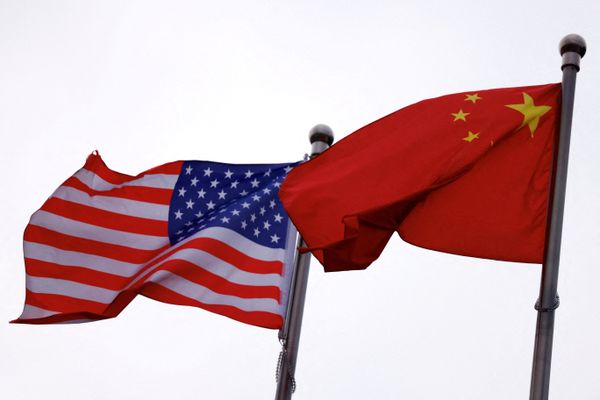SINGAPORE/NEW YORK, April 22 — The global liquefied petroleum gas (LPG) market is facing an upheaval as high tariffs on US imports force Chinese buyers to swap American cargoes for alternatives from the Middle East, while US shipments divert to Europe and elsewhere in Asia.
The shakeup is expected to depress the shale gas byproducts' prices and demand, hurt the bottom lines of US shale producers and Chinese petrochemical companies, and boost the appetite for alternatives such as naphtha.
It is also expected to benefit Middle East suppliers, who are being tapped by the Chinese importers as replacements, and opportunistic LPG buyers in Asia in markets such as Japan and India, who are taking advantage of the product's price declines.
Natural gas liquids (NGLs) — propane, ethane and butane — are the latest energy products ensnared in the escalating trade war between the world's two largest economies. China has already halted US crude and liquefied natural gas (LNG) imports.
Chinese petrochemical firms reliant on abundant US LPG and ethane supply as feedstock have become the lowest cost producers globally. US oil and gas producers need China to buy their NGLs as domestic supply exceeds demand, and swelling inventories of these products could hurt the economics for shale drillers already facing acute challenges to growth.
While US exporters were able to re-route LPG cargoes away from China at the time of trade frictions during US President Donald Trump's first term, the doubling of trade volumes since then makes it difficult for either country to replace the other, said Julian Renton, an NGL analyst at midstream analytics firm East Daley Analytics.
"There's a certain amount of flows that could be redirected, but you can't shift 400 kbd to any other market that could take it," he said.
China is the second-largest US LPG buyer after Japan, Energy Information Administration data showed.
East Daley expects US exports to China could fall by about 200,000 barrels per day (bpd) over six to nine months, leading to higher domestic inventories and depressed prices.
Energy Aspects analyst Cheryl Liu expects other LPG importers such as India, Indonesia, Japan and South Korea to buy more of the cheaper US product, while the Middle East ramps up supply to China.
"Winners should be all other buyers and Middle East exporters. Losers, I would say, both China and the US," she said.
A source at a major Japanese LPG company said unlike Middle East supplies, it is easy to swap US LPG with supply from other countries as US cargoes are not tied to specific destinations.
"This will likely accelerate the swapping of US LPG contracts held by the Chinese companies with Middle Eastern, Canadian, and Australian LPG contracts held by Japan, South Korea, Southeast Asian countries and India," he said.
"The Chinese will need to offer some incentive to those willing to swap."
An Asian LPG trader said Japanese buyers grabbed cheap US imports for end-April and May arrival, with demand mostly from utilities as they restock supply.
Japan's US LPG imports are up 12 per cent to 15 per cent on-month so far in April to 274,000-276,000 bpd, provisional data from ship-tracker OilX, and LSEG showed. Data from ship-tracker Kpler showed such imports nearly doubled to 639,000 bpd in April.
Indian refiners have asked Middle East suppliers to swap long-term supply with US LPG at discounts to Saudi Contract Price (CP), people familiar with their purchase plans said.
China’s imports
Last year, China bought a record 17.3 million tons, or 550,000 bpd, of US propane, 60 per cent of its total imports of the gas liquid, Chinese customs data showed.
Chinese buyers are scrambling still to swap US LPG cargoes for supply from other countries to avoid tariffs, traders said. The tariffs come into effect on May 14.
While the costs of such swaps were more than US$100 per ton for cargoes arriving in the first half of May, Chinese importers have been less inclined to fork out anything above US$50 per ton for second-half May supplies, though some sellers are still demanding around US$100 per ton for such swaps, the Asian LPG trader said.
— Reuters




